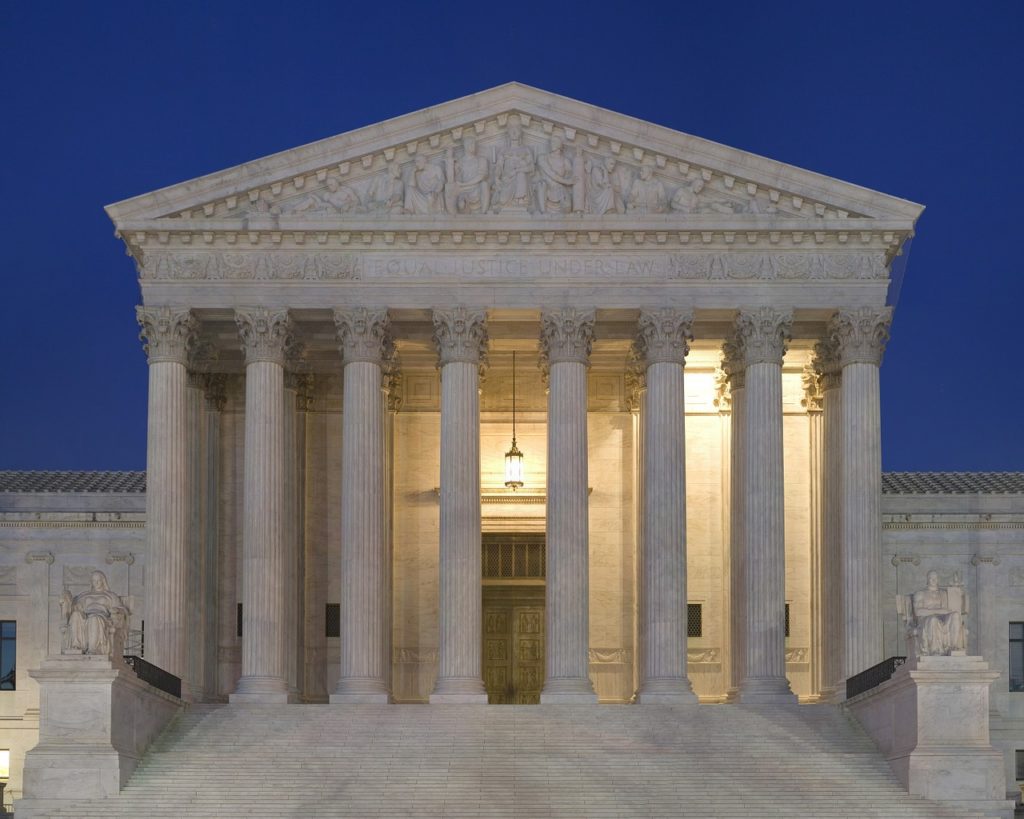A case heard by the Supreme Court on Tuesday may make it easier for individuals accused of Medicare fraud to hire a lawyer. The defendant in the case is a former home health agency owner who has been under house arrest.
The case, Luis v. United States, in particular is seeking to determine whether the government can legally freeze a defendant’s legitimately acquired assets.
The defendant, Sila Luis, was indicted on charges of committing Medicare fraud in 2012. Over a six-year period, the owner of Miami home health agencies allegedly received $45 million dollars in fraudulent reimbursements, according to SCOTUSblog.
For two years Luis has been detained in her home as her case traveled to the Supreme Court, NPR reported. Now, Luis wants to utilize some of her “untainted” assets to hire an attorney for her trial.
The Supreme Court has previously ruled that the government may freeze property and money linked to criminal activity, or “tainted” assets, prior to a trial, NPR reported.
Luis v. United States is seeking to determine whether the government can freeze assets not linked to the alleged crime, like land, jewelry or cars obtained beforehand.
The government acknowledges that some of Luis’ financial holdings are not linked to her alleged criminal behavior, NPR reported. Still, prosecutors say that Luis has already spent so much of her tainted assets that if she is found guilty, she will not be able to pay back the Medicare Trust Fund the amount she owes — unless her untainted assets are available to be tapped.
Defense lawyer Howard Srebnick disagrees, arguing that the asset freeze adds up to a denial of the Sixth Amendment right to counsel.
“What the government proposes to do is financially cripple someone before they’ve been convicted, before they’ve had a trial and not allow them to use assets that are theirs to try to match the government in the courtroom,” Srebnick told NPR.
Medicare fraud has emerged as an ongoing problem in the home health industry. Earlier this week, for instance, owners of a home health agency in Texas and two patient recruiters were arrested for allegedly defrauding Medicare.
Last month, Lexington, Kentucky-based Nurses’ Registry and Home Health Corp. was ordered to pay the federal government $16 million for committing Medicare fraud.
Written by Mary Kate Nelson




